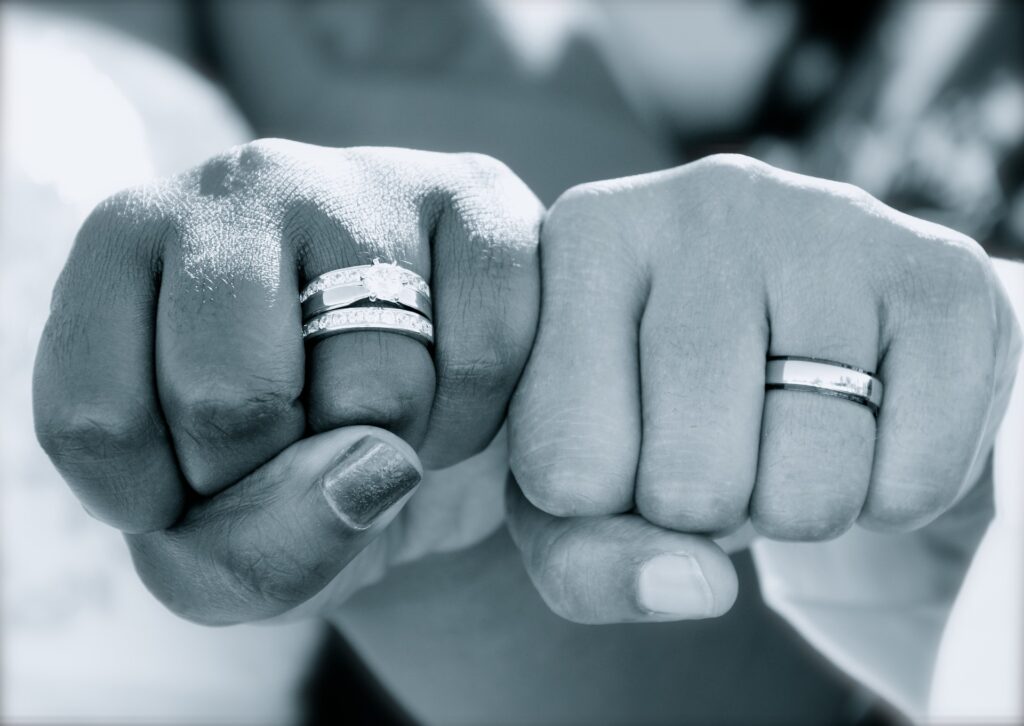
African Traditional Marriage Before Western Culture (“Lobola” for Bridewealth)
African Traditional Marriage Before Western Culture (“Lobola” for Bridewealth). Marriage ceremonies within Africa vary greatly between countries due to the diversity of culture and religion throughout the continent.
Thus, every culture has its own unique stamp of identity characterized by traditions, values and norms that make it distinctive.
Over the centuries, we have seen that the old African traditions are gradually fading away as we adopt western traditions. And slowly conform to the western influence, this continues to happen right before our eyes.
However, these below are the expressions of the African traditional marriage:
- Marriage is a means of bearing children for the family, lineage or clan. At a time when the mortality rate of children was very high, to have many children was extremely important for the continuity of the species.
- Marriage is an alliance. Because of the rule of exogamy, one had to marry outside one’s clan. Therefore, a marriage brought together two different families and so strengthened the bonds in society. Marriage, therefore, was not primarily the concern of the two individuals, but was the concern of two entire families. Since many relatives were concerned, the bond joining the families took time while the relatives grew to know and get to know one another. In this way, marriage had a growing stability. And often it was only after the birth of two children to the couple that the marriage bond became cemented.
The social aspect of the marriage explains why marriages tended to be arranged by the elders rather than leaving it to the choice of the two individuals concerned. To be married mattered far more than who one married. And as social harmony and the bearing of children was of such importance, the vocation to marriage was a duty of everyone.
“Lobola” for Bridewealth
Bridewealth was the custom of giving gifts, cattle, money from the family of the bridegroom to the family of the bride.
- Bridewealth was part of the process of gift exchange legalizing a marriage and the new relationship between two different families.
- It gave legitimacy to the children of the union.
- It gave compensation to the relatives of the bride for the loss of the children born to the union as these children now belonged to the relatives of the groom. Bridewealth could also be seen as a gesture of appreciation to the relatives of the bride for the care, money they spent on the upbringing of their daughter. However, it was not understood as a price paid for a woman since in many cases the “lobola” was so small that it could never represent the value of the woman. Secondly, the woman remained a member of her own lineage. And could return to them if she was not being treated correctly by her husband.
- It helped to stabilize a marriage to a limited extent. Because the Bridewealth was widely distributed among the members of the bride’s family. And a large number of people took an interest in the success of the marriage. Relatives of the bride might need the cattle given as Bridewealth in order to pay “lobola” for their own marriages. And so it would not be easy to return all this if the marriage was dissolved. While this community interest in the success of a marriage did help to stabilize marriages, this help was very limited. What gives far more stability to a marriage is a society that does not encourage divorce. And instead encourages faithful loyalty between husbands and wives.
- It was a way of honoring the lineage spirits. The ancestors are witnesses to the exchange of Bridewealth, and get their share through sacrifice.
